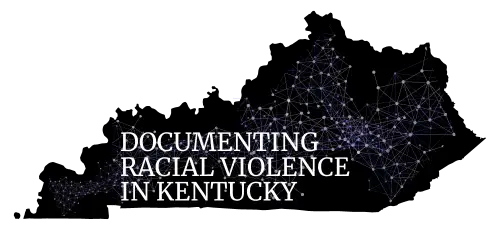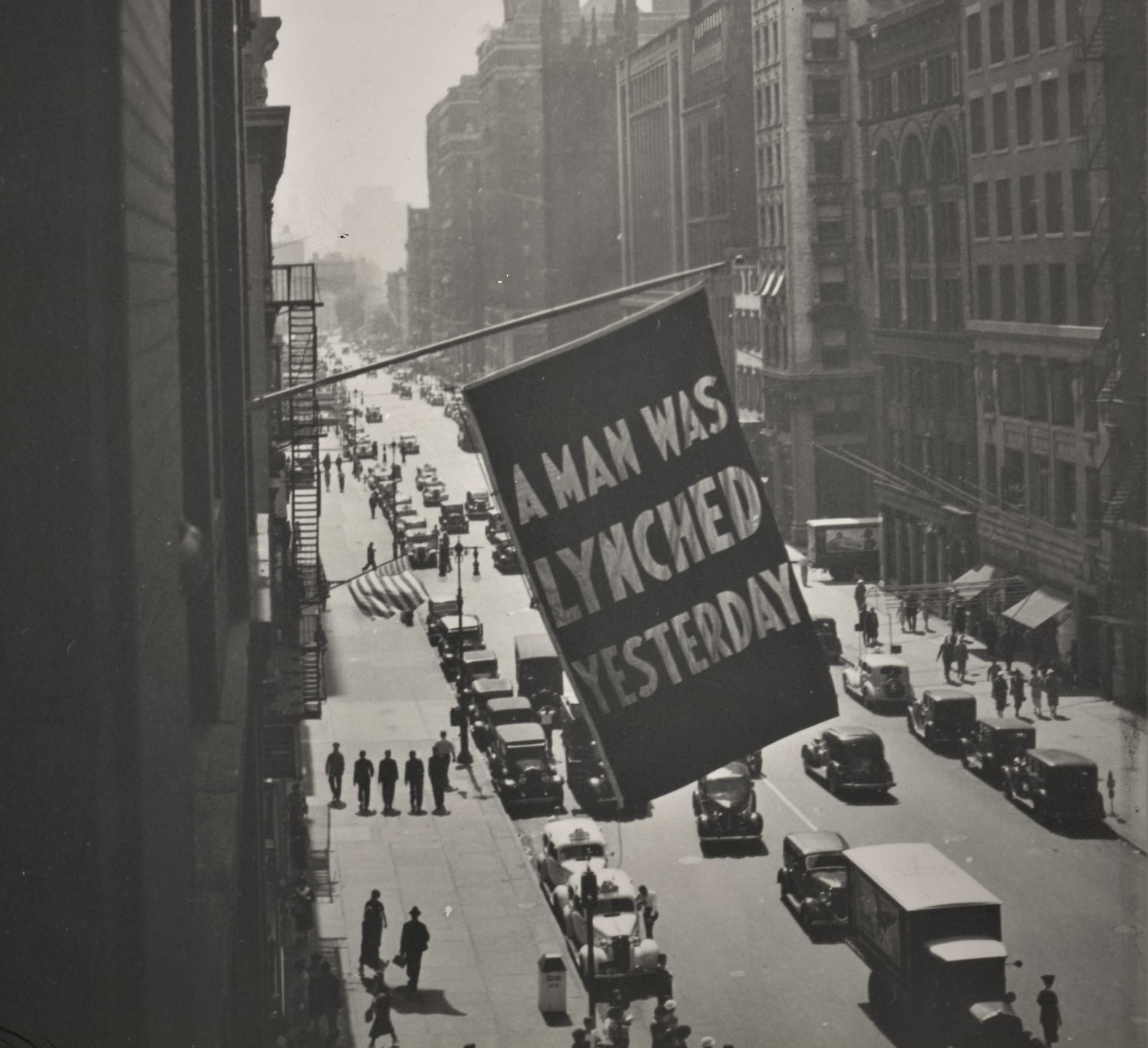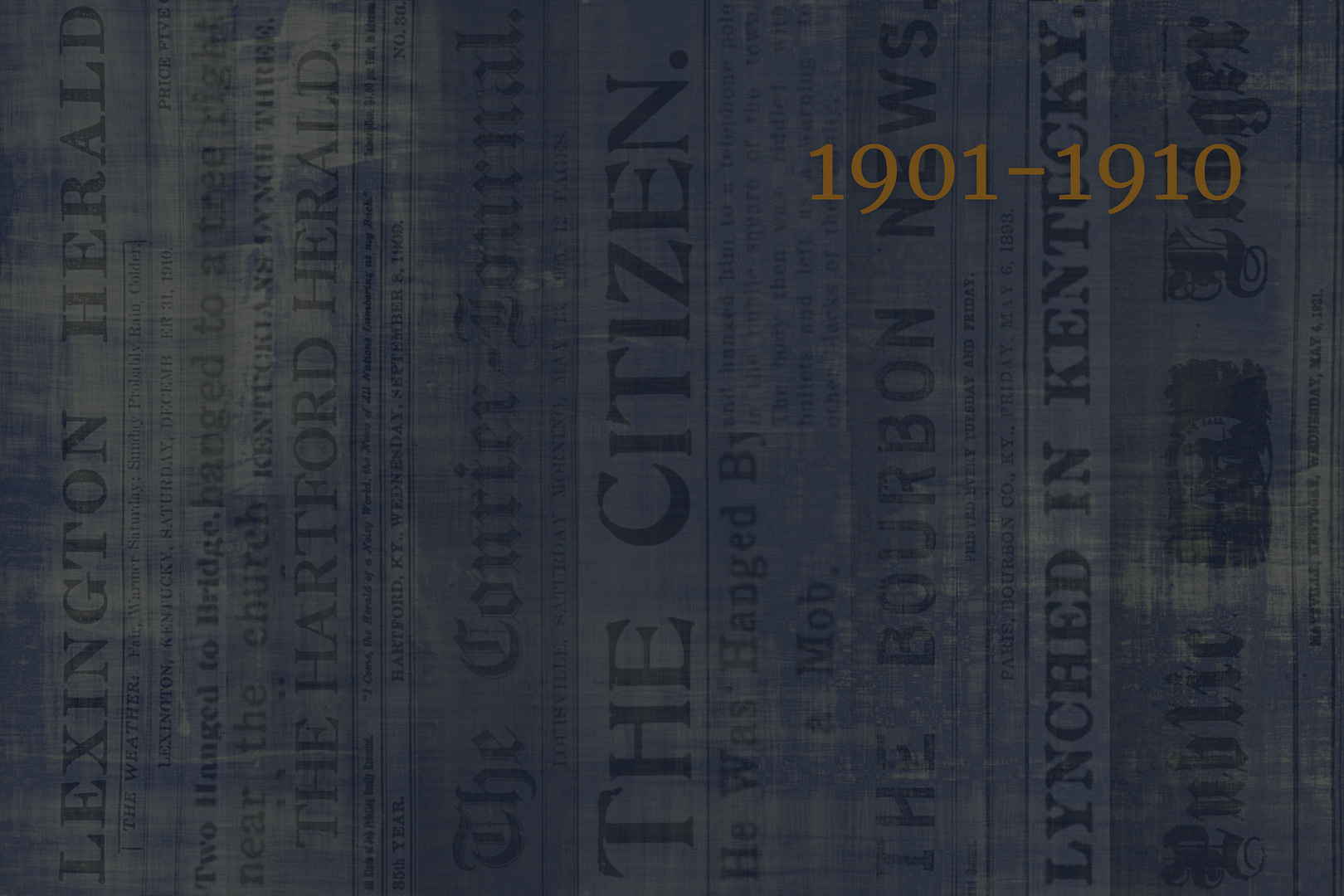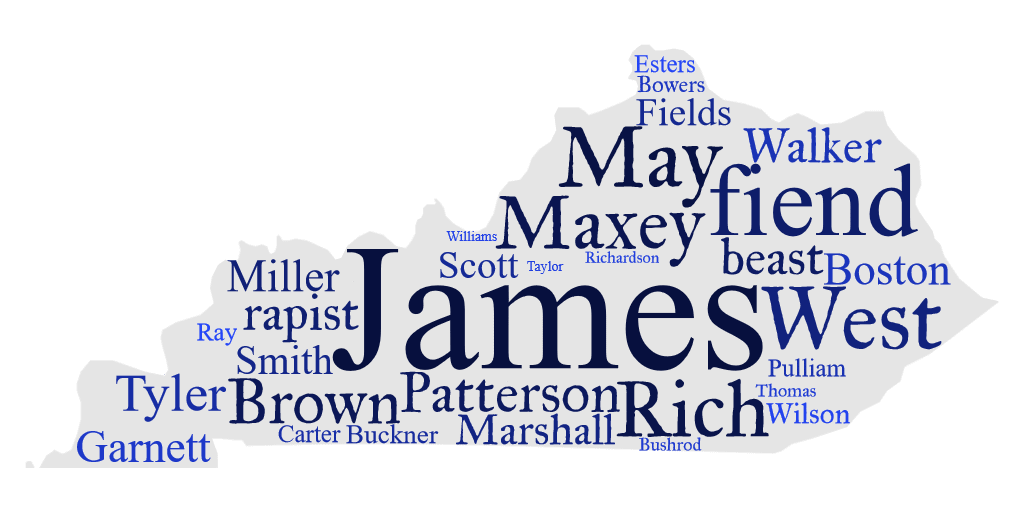
Visualizing the Past: Maps of Racial Violence in Kentucky
Explore the collection of maps that vividly illustrate the historical trends and patterns of racial violence in Kentucky. These maps shed the light on the locations, incidents, and impact of racial violence.

Remembering the Victims: Personal Biographies
Read the biographies that narrate the lives of victims of racial violence. These impactful biographies serve to reflect on the past and memorialize the victims of racial injustice in Kentucky.

A Classroom Perspective: Lesson Plans
View comprehensive lesson plans and teaching content focused on the complex history of racial violence. Educators and learners alike will find valuable resources designed to facilitate thoughtful discussions, promote historical awareness, and foster empathy.

Connecting the Victims: StoryMap
Through an innovative combination of maps and compelling narratives, this story map connects the geographical and personal dimensions of each life lost, offering a poignant and insightful exploration of the broader impact of racial violence.

Explore the Exhibit
Explore the exhibit dedicated to chronicling the history of racial violence in Kentucky through a curated collection media artifacts.



